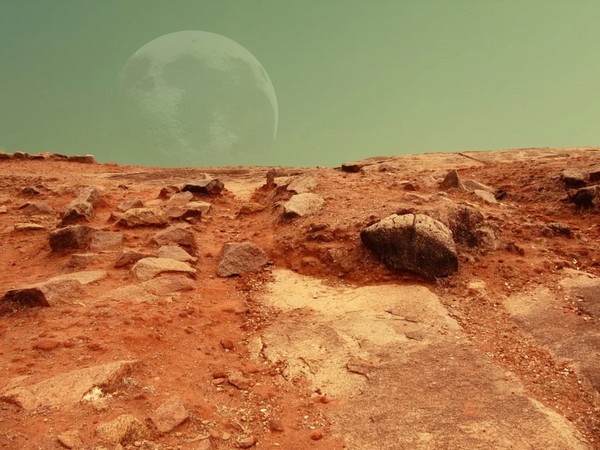Lockheed Martin wins NASA contract for rocket to bring Mars samples to Earth
The MAV is a crucial part of the multi-mission Mars Sample Return program that seeks to bring the scientifically-selected rock and sediment samples from the Martian surface to Earth.

- Country:
- United States
Lockheed Martin Space has secured a contract from NASA to build the Mars Ascent Vehicle (MAV), a small, lightweight rocket to bring back the first samples from the surface of Mars for closer study, the U.S. space agency announced on Tuesday.
The MAV is a crucial part of the multi-mission Mars Sample Return program that seeks to bring the scientifically-selected rock and sediment samples from the Martian surface to Earth.
As part of the deal, Lockheed Martin Space will provide multiple MAV test units and a flight unit. The Colorado-based company will be responsible for designing, developing, testing, and evaluating the integrated MAV system, and designing and developing of the rocket's ground support equipment.
This groundbreaking endeavor is destined to inspire the world when the first robotic round-trip mission retrieves a sample from another planet – a significant step that will ultimately help send the first astronauts to Mars.
NASA's Sample Retrieval Lander would carry the MAV to the Martian surface, landing near or in Jezero Crater to gather the rock samples collected by the Perseverance rover. The lander, which is planned for launch no earlier than 2026, would serve as the launch platform for the MAV.
According to NASA, the samples would be returned to the lander. The MAV would launch once the sample container is secured. Once it reaches Mars orbit, the container would be captured by European Space Agency's Earth Return Orbiter spacecraft outfitted with NASA's Capture, Containment, and Return System payload, which would bring the samples to Earth safely and securely in the early- to mid-2030s.
The Mars Ascent Vehicle has to be robust enough to withstand the harsh environment of the Red Planet and adaptable enough to work with multiple spacecraft. It also must be small enough to fit inside NASA's Sample Retrieval Lander.
The cost-plus-fixed-fee Mars Ascent Vehicle Integrated System (MAVIS) contract has a potential value of USD194 million, NASA said.
One step closer to bringing Martian samples to Earth! @NASA has selected Lockheed Martin Space to build the Mars Ascent Vehicle, or MAV. This small, lightweight rocket will be needed to launch samples gathered by @NASAPersevere off the surface of Mars. https://t.co/12k7DG7bVy pic.twitter.com/CPfle6vwIq
— NASA JPL (@NASAJPL) February 7, 2022










